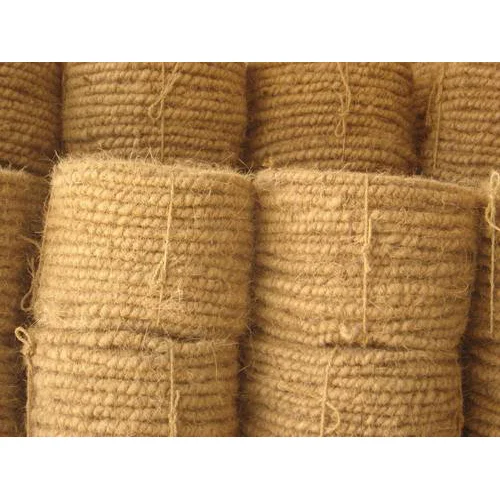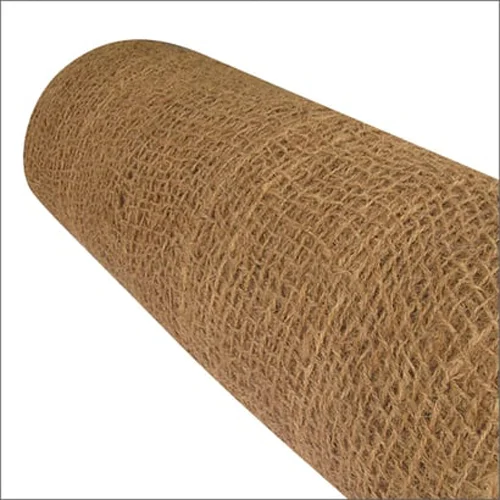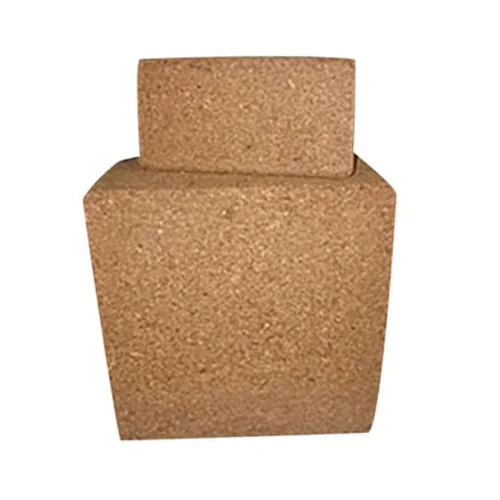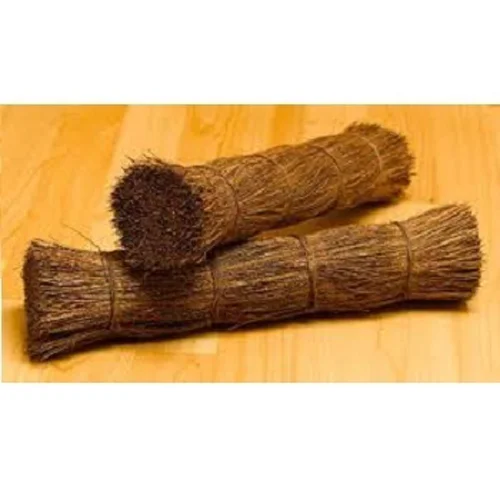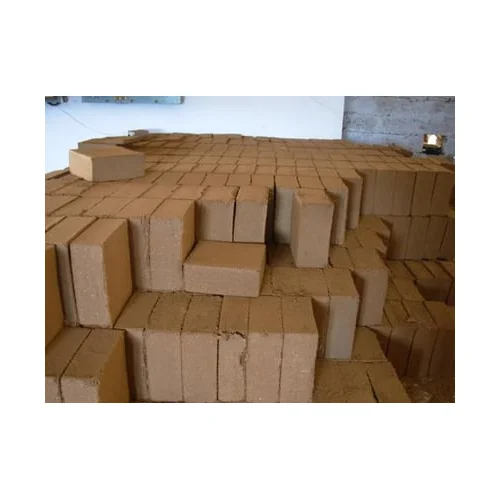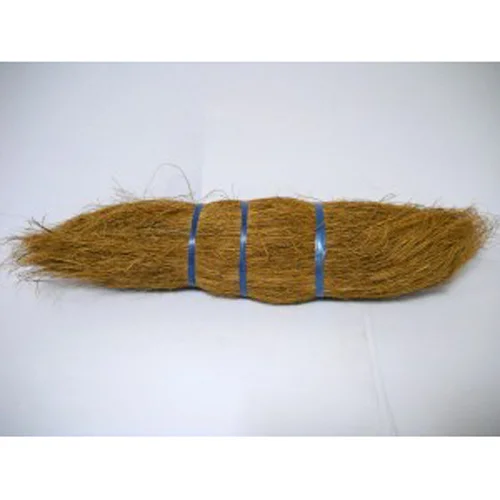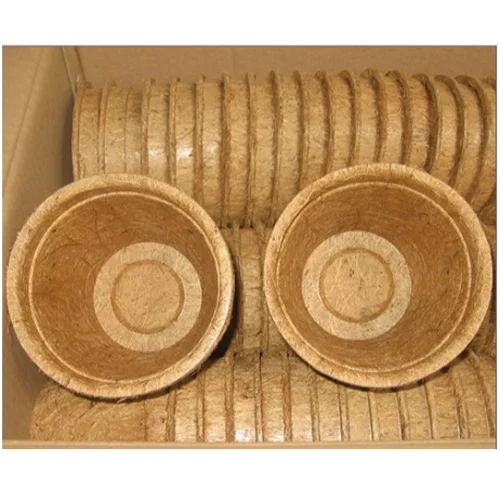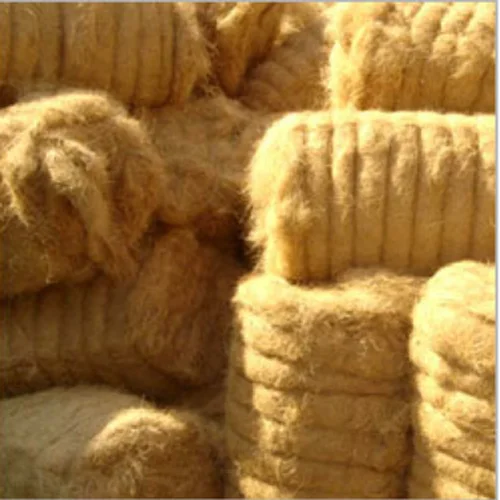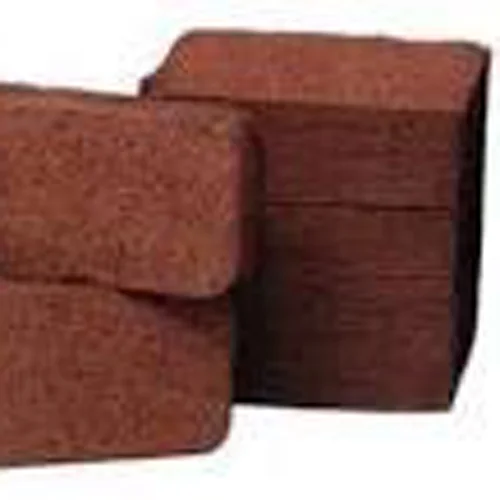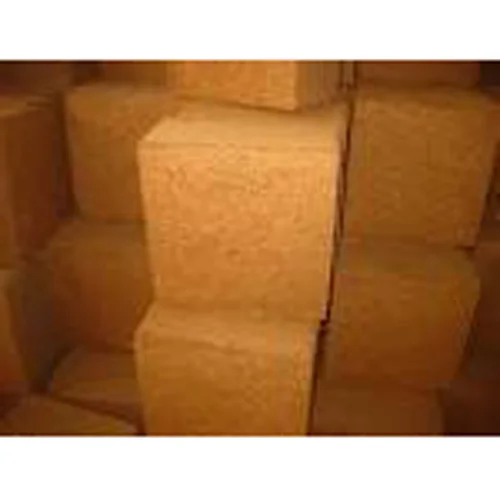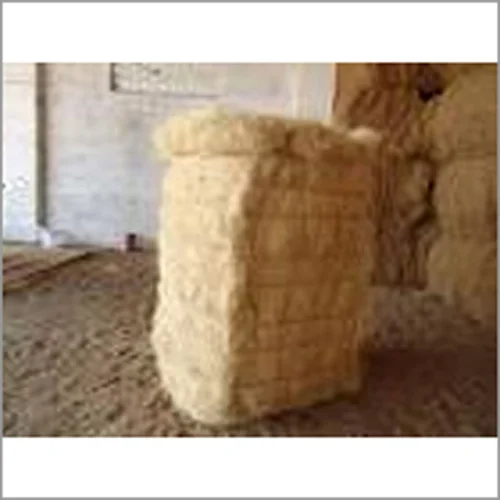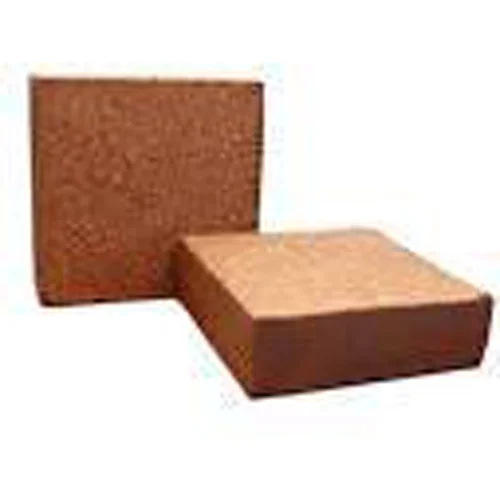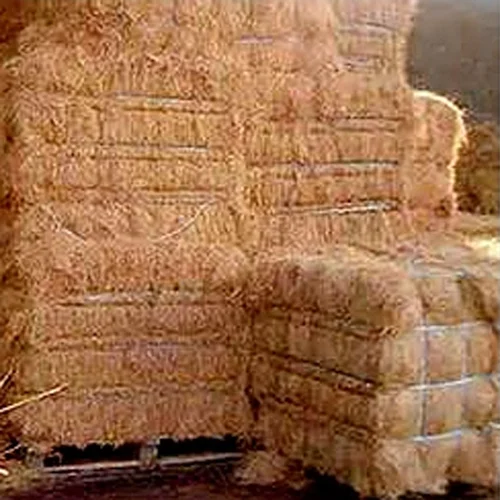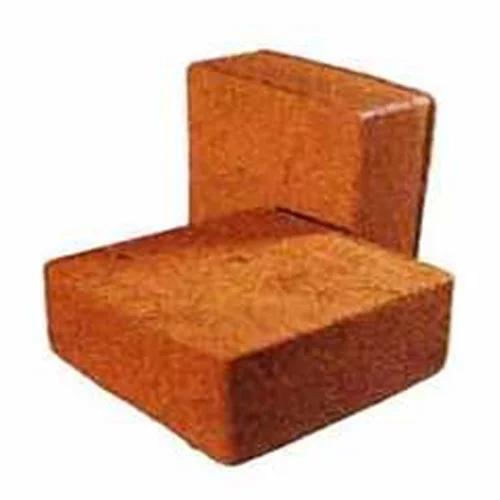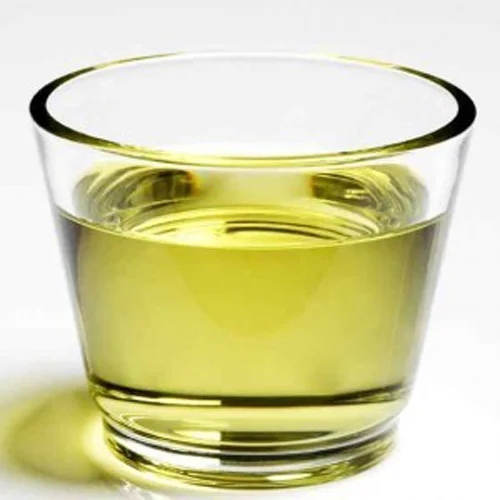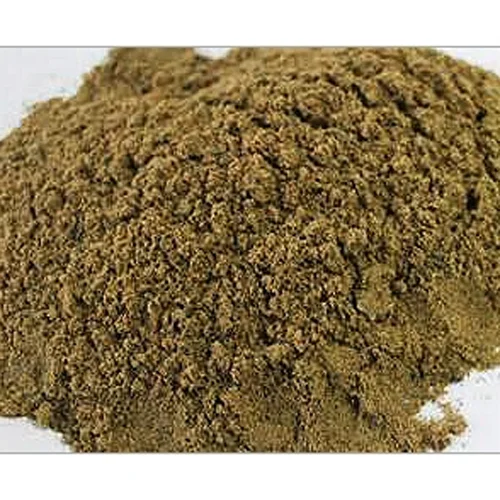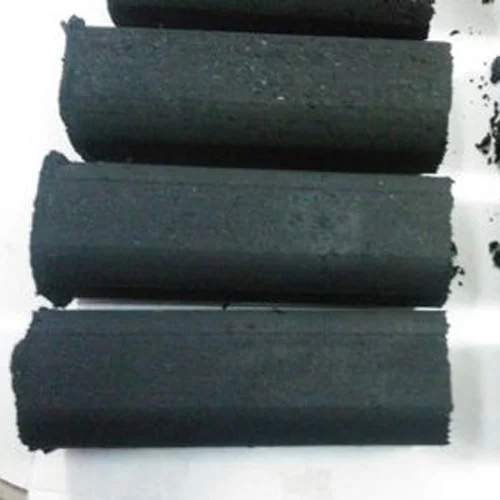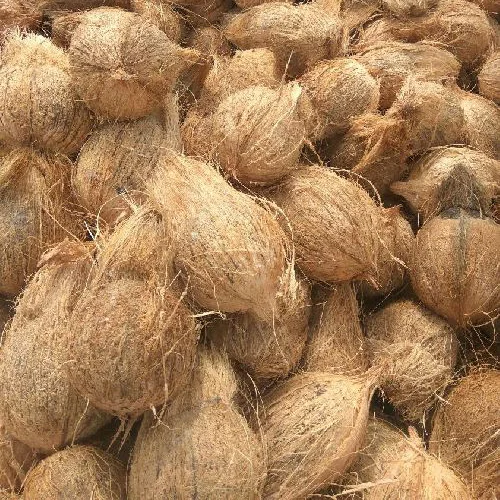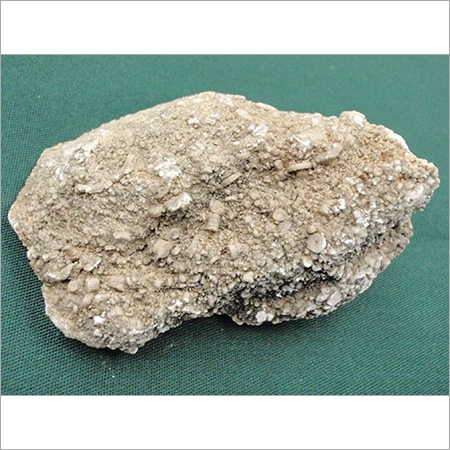Coir rope is a type of rope made from the fibers of coconut husks. It is a sustainable and eco-friendly alternative to synthetic ropes that are commonly used in various industries such as maritime, agriculture, and construction. The production of coir rope involves the extraction of long and strong fibers from coconut husks that are then twisted together to form a rope.
Coir rope is known for its strength and durability, making it ideal for heavy-duty applications. It is also resistant to water and abrasion, making it suitable for use in marine environments. Coir rope is used in fishing, mooring, and other maritime applications due to its ability to withstand the harsh conditions of the ocean.
In the agriculture industry, coir rope is used to support plants and vines. It is a popular choice for trellising tomatoes, cucumbers, and other vegetables as it is strong enough to support the weight of the plants. Coir rope is also used in the construction industry for various applications such as scaffolding, hoisting, and tying.
Aside from its strength and durability, coir rope is also biodegradable and compostable, making it an eco-friendly option. It is made from a renewable resource and does not release harmful chemicals into the environment. Coir rope is also resistant to pests and mold, reducing the need for pesticides and other harmful chemicals.
In summary, coir rope is a durable, strong, and eco-friendly alternative to synthetic ropes. It is widely used in various industries due to its strength, water resistance, and biodegradability. Its use helps promote sustainable practices and reduces the negative impact on the environment.


